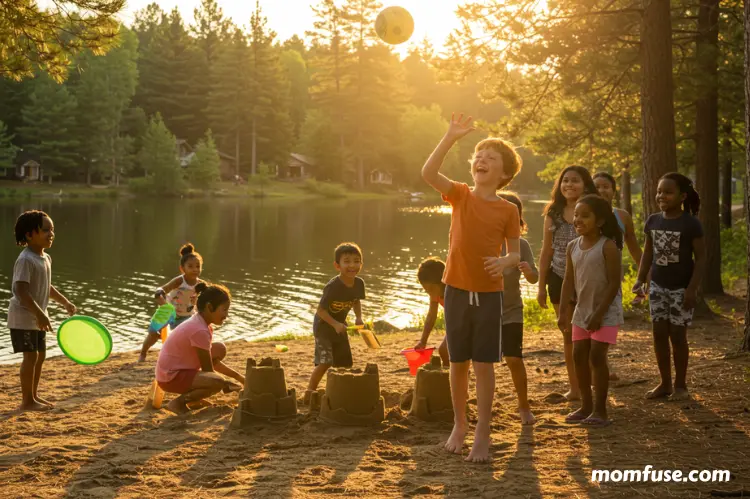Summer camp is a transformative experience that plays a vital role in a child’s personal, emotional, and social development. Away from the familiar routines of home and academics, children are immersed in a world of exploration, learning, and connection that fosters growth in countless ways.
Whether it’s building confidence on a hiking trail, learning teamwork through cabin chores, or discovering independence by spending time away from home, summer camps create a supportive environment where children thrive. The difference a few weeks at camp can make is often profound, leaving lasting impressions that shape who a child becomes as they grow.
Building Independence and Self-Reliance
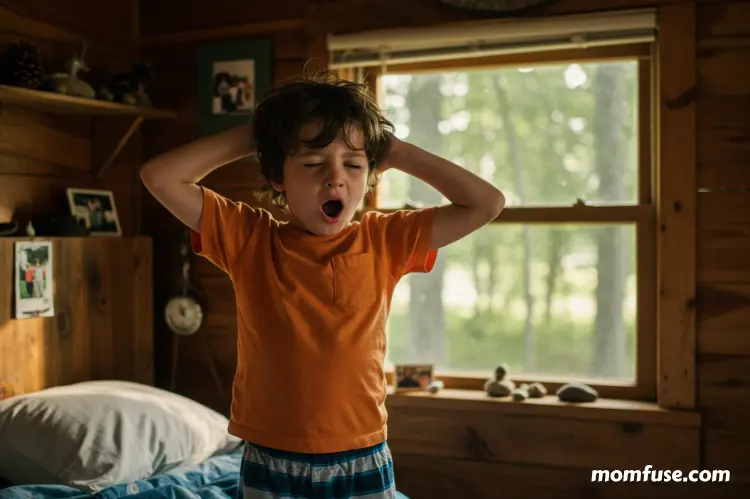
One of the most noticeable benefits of summer camp is the development of independence in children. When kids are removed from the comforts of home, such as no parents to wake them up, pack their bags, or tell them what to do, they learn to rely on themselves. From managing their daily schedule to making decisions about which activities to try, campers learn how to navigate the world on their own in a supportive and structured environment.
As seen at https://campwing.com/summer-camps/los-angeles, these small but powerful steps toward independence build confidence and prepare children for future challenges, like starting school or eventually leaving home for college. This sense of autonomy is empowering and encourages a “can-do” attitude that carries over into other areas of life.
Fostering Social Skills and Lifelong Friendships
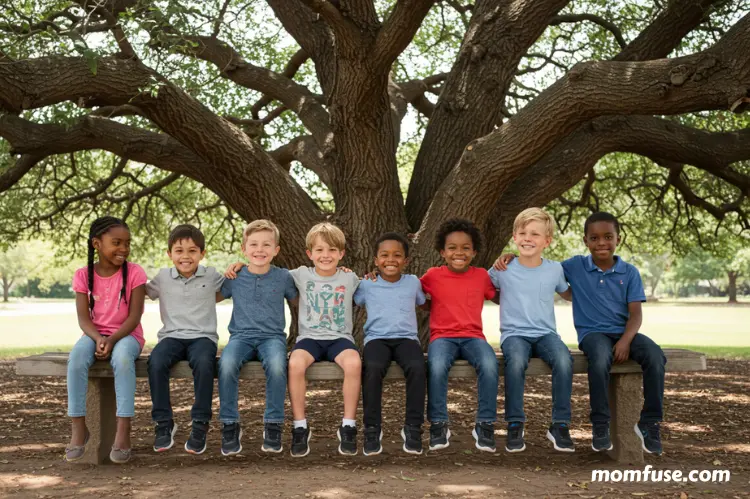
Summer camps are melting pots of diverse personalities, and this diversity provides the perfect setting for children to develop crucial social skills. Sharing a cabin, cooperating in team activities, and resolving conflicts naturally teach communication, empathy, and cooperation. Campers learn to listen, compromise, and build relationships with peers from different backgrounds and communities.
These early social experiences help children develop emotional intelligence and often result in lasting friendships that transcend the weeks of summer. The communal living environment at camp reinforces the importance of collaboration and inclusion, which are skills that are important for future academic, social, and workplace success.
Encouraging Physical Activity and a Healthy Lifestyle
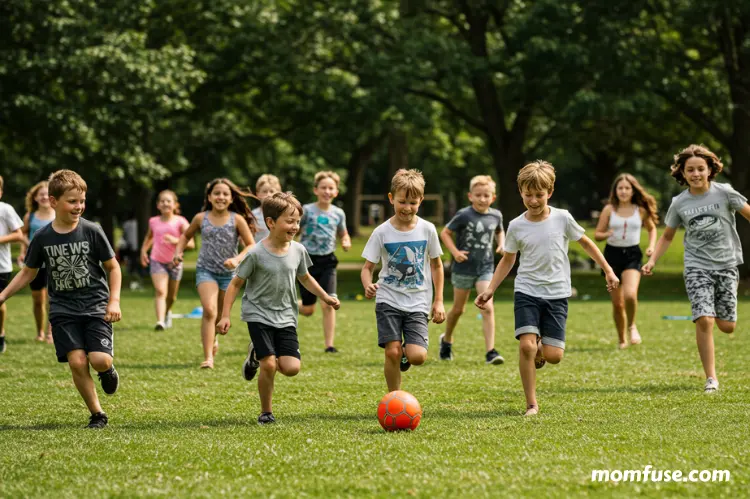
In a world dominated by screens and digital entertainment, summer camps offer a refreshing alternative: the great outdoors. Most camps are designed around physical activities such as swimming, hiking, sports, and group games, ensuring children stay active in fun and engaging ways. This improves their physical health and teaches them the joy of movement and exercise.
Many children discover new interests, perhaps archery, canoeing, or rock climbing, that they continue pursuing long after camp ends. By making fitness enjoyable and routine, summer camps help lay the foundation for a healthier lifestyle and reduce the risk of sedentary habits becoming ingrained.
Boosting Creativity and Problem-Solving Abilities
Unlike structured classroom environments, camps encourage free-form thinking and imaginative play. Whether it’s putting on a talent show, building a shelter in the woods, or creating crafts, children are constantly encouraged to express themselves and think creatively. These experiences allow children to explore new interests without the pressure of grades or evaluation.
When campers encounter challenges, like building a raft that floats or figuring out how to organize a group event, they’re required to think critically and work through problems together. These situations teach adaptability, resourcefulness, and perseverance, qualities that are critical for success in any future endeavor.
Developing Leadership and Responsibility
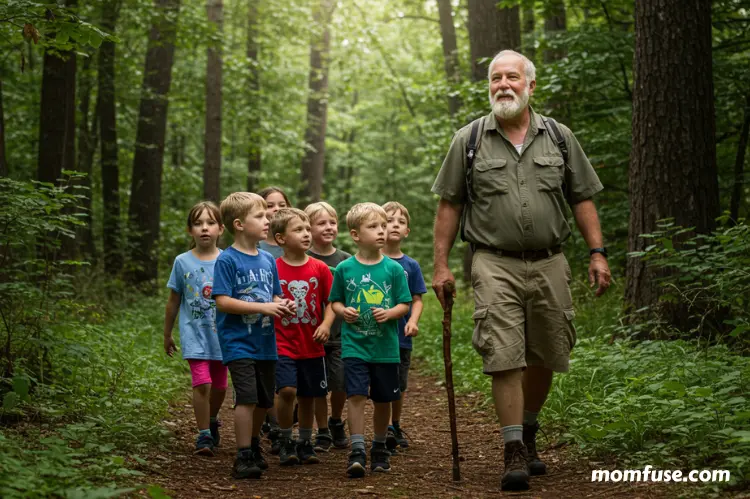
Camps often provide children with opportunities to take on leadership roles, whether as team captains in games, project leaders during activities, or as older campers mentoring younger ones. These moments allow children to understand the responsibilities that come with guiding others and making decisions for a group. Many camps have systems where campers can earn more responsibility, building a sense of trust and accomplishment.
Learning how to lead in a group setting builds confidence and an appreciation for the importance of collaboration, fairness, and setting a positive example for others. These early leadership experiences are invaluable in preparing kids for future roles at school, in their communities, and later in life.
Nurturing Emotional Resilience and Mental Well-Being
Perhaps one of the most understated benefits of summer camp is its positive impact on emotional health. Children face real emotions at camp: homesickness, nervousness, excitement, pride, and joy. Through these experiences, they learn how to process and manage their feelings healthily. Counselors often play a key role in helping kids navigate these emotions, providing reassurance, encouragement, and a listening ear.
Camp provides a break from academic pressures and digital distractions, giving children the chance to simply be present and enjoy their surroundings. This mental reset, combined with the support and camaraderie of the camp community, significantly contributes to emotional resilience, helping children return home more balanced, mature, and self-aware.
The impact of summer camp extends far beyond the days spent canoeing or roasting marshmallows. It’s an environment where children grow in independence, social awareness, creativity, and resilience. With each new experience and challenge, they gain tools that help them navigate life more confidently and compassionately. For parents looking to support their child’s holistic development, summer camp is an investment in their future.
Read Next: Spring Family Getaways: Joyful Escapes, Lasting Memories
Jessica Fuqua is a mom of two who writes about the messy, beautiful reality of raising kids. She believes parenting advice should feel like a conversation with a friend, not a lecture. When she’s not writing, she’s probably reheating the same cup of coffee for the third time.

